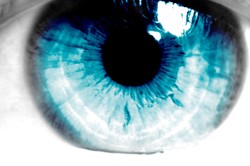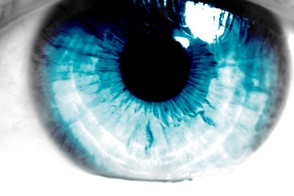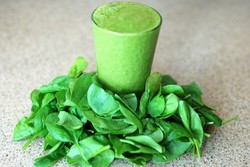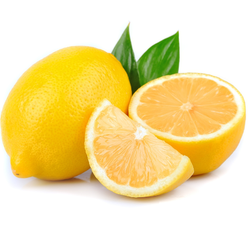Vitamins for healthy eyes. Vitamin A is often referred to as “the eye vitamin” because it helps to strengthen the mucus membranes of the eyes. It is manufactured in the liver from carotene. The rod cells in our eyes contain a substance known as visual purple or rhodopsin. If the body is deficient in vitamin A, the cells’ ability to make visual purple is impaired, and night blindness, dry eyes, and loss of color vision may result. People who work in bright lights, sunlight, or snow, who face car headlights, or who have to see in the dark may benefit from this nutrient.

Vitamins For Eyes
by John84
Know about "the eye vitamin" together with the other vitamins which are good for your eyes. We also include the "best foods for the eyes". Learn how to take care of them now.
Beta-carotene is present in orange-colored foods, which gets converted into vitamin A in the body. Beta-carotene can also help prevent dry eyes and reduce the risk of macular degeneration. 10,000 IU daily of either can be used.
Vitamin B1 deficiency may lead to dimness of sight. Riboflavin, also known as Vitamin B2, is also essential. It is thought that light enters the eyes through a screen of riboflavin before reaching the visual purple. A deficiency in riboflavin can manifest in extreme light sensitivity (photophobia) or in bloodshot eyes that burn, itch, and water frequently. People deficient in B2 may rub their eyes a lot.
The lenses of our eyes contain more vitamin C than any other body part, except some endocrine glands. Vitamins C and E may both help prevent cataract formation by preventing oxidative damage. In cases of cataracts, vitamin C is usually deficient.
The omega 3 fatty acids can be used for dry eyes, macular degeneration, glaucoma, and diabetic retinopathy. The omega 6s are anti-inflammatory and enhance lubrication of the eyes. Pycnogenol (100 to 200 mg daily) which is found in pine bark and grape seeds, elevates, elevates glutathione levels and can benefit cataracts, glaucoma, and macular degeneration. DH A (docosahexaenoic acid) nourishes the eyes and brain to delay bone degenerative rod loss in the eyes (350 IU 2 times daily).
Best Foods For The Eyes
Besides eating a wholesome diet, foods that are known to be particularly beneficial to the eyes include colorful antioxidant-rich blueberries, raspberries, raw sunflower seeds, black beans, black sesame seeds, beets, carrots, celery, green leafy vegetables (especially kale, dandelion greens, spinach, and watercress), leeks, sweet potatoes, barley, dates, mulberries, goji berries, and raisins.
According to research in the Journal of Nutrition, the antioxidants lutein and zeaxanthin found in dark green leafy veggies like kale, spinach, collard and turnip greens, and broccoli all help protect your eyes from UV light, which can cause cataracts. Aim for nine servings of fruits and vegetables a day for optimal ocular health.
Spirulina is also beneficial as it is rich in beta-carotene and can be added to smoothies. Use chervil, cilantro, paprika, and parsley frequently as they improve blood flow to the eyes. Garnish your meals with fresh dandelion, calendula, or marigold petals which are rich in lutein.
You can also make a tasty beverage in your blender that is rich in many nutrients for visual health. Good juices to mix are chlorophyll and beta-carotene-rich beet, carrot, celery, endive, parsley, and spinach. Drinking several cups of barley water daily moistens the liver, which governs the eyes and moistens them.
You might also like
Don't get fat this ChristmasHaving lost weight, I am a little anxious about the approaching season and ha...
5 Sneaky Ways to Enjoy Eating Healthier SnacksYou hate vegetables. You drink soda daily and chocolate is your weakness, but...
10 Amazingly Healthy Uses for LemonsIt’s easy enough to find lemons anywhere in the world and this is probably wh...




 How to deal with Anxietyon 10/20/2015
How to deal with Anxietyon 10/20/2015
 What Causes Anxiety and Stresson 10/20/2015
What Causes Anxiety and Stresson 10/20/2015
 Understanding How to Stop Tooth Painon 10/20/2015
Understanding How to Stop Tooth Painon 10/20/2015
 What is Metatarsalgia - Diagnosis and Treatmenton 09/10/2015
What is Metatarsalgia - Diagnosis and Treatmenton 09/10/2015



Comments
This was very useful. Thank you. Welcome to Wizzley!